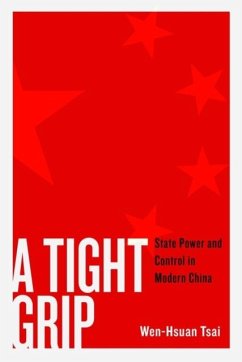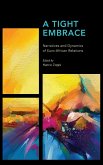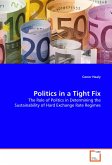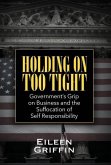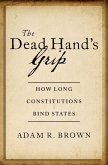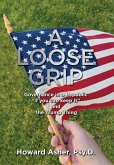A non-democratic regime must solve two problems in order to survive: how to share power within the political elite and how to control society. A Tight Grip examines the strategies that China's current, and longest-serving, head of state has used to address these questions and bolster his leadership of the world's second-most populous country. Wen-Hsuan Tsai explores the president's method of concentrating decision-making power in his own hands through political dominance and ideological control while still creating scope for local-level political advancement. As a result, he has expanded the reach of social control while reducing its cost to the regime. A Tight Grip is an in-depth exploration of the president's innovative use of specific institutional and policy instruments to develop a restricted power-sharing model and maintain social order. This clear-eyed assessment reveals not only the pros and cons of particular regulations but also their implications for China's political development.
Bitte wählen Sie Ihr Anliegen aus.
Rechnungen
Retourenschein anfordern
Bestellstatus
Storno

